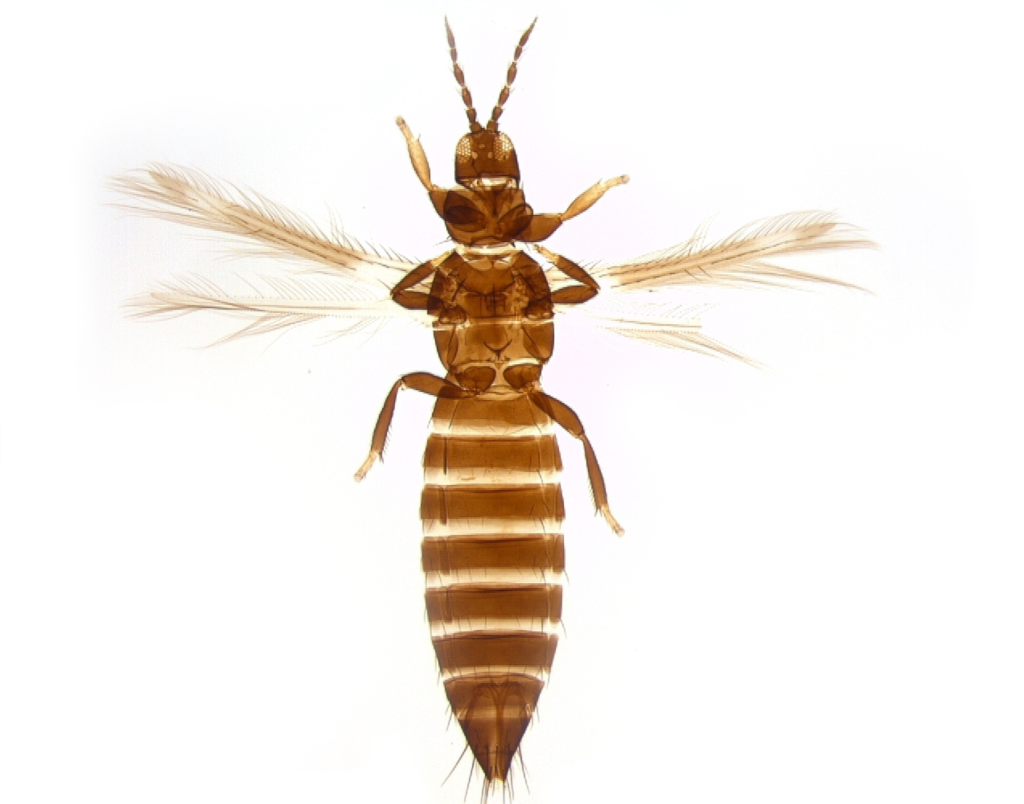By Clint Thompson
What was once a destructive pest of snap beans in South Florida during the 2019-20 season, Asian bean thrips’ (ABT) impact this season was almost non-existent. Now it is the University of Florida Institute of Food and Agricultural Sciences’ responsibility to figure out why, says Anna Meszaros, Extension commercial horticulture agent in West Palm Beach.

“At the very beginning it was bad. It caught everybody off guard. It was pretty much the same the next season,” said Meszaros, who added that there was an estimated 30% loss in production the first year. “But for some reason this year, the population levels were lower. It wasn’t as bad as the first two years. We’re still trying to figure out what is the reason for this.”
Various reasons can factor in the ABT’s declining impact this past season. Anything from the weather, cultivation practices, crop rotations and potentially weeds harboring insect pests; all could impact the ABT’s population numbers.
“There’s a lot of research that needs to be done for sure,” Meszaros added. “But we still have to keep an eye on it. One day can be different from another.
“First detection, early detection is important because these thrips infest the beans early on. These Asian bean thrips can produce damage during the vegetative stage.”
ABT prefer to feed on snap beans but will also feed on peanut, soybean, pigeon pea, black eye peas and lima beans.
“You have (insecticides) that can control it. You just have to be aware and have to be ahead of the game,” she said. “Scouting is really crucial. I can’t highlight enough how this program works together with the crop consultants. They are a huge help.”
UF/IFAS scientists like Dak Seal, Hugh Smith and Julien Beuzelin are conducting ongoing research related to the ABT.










